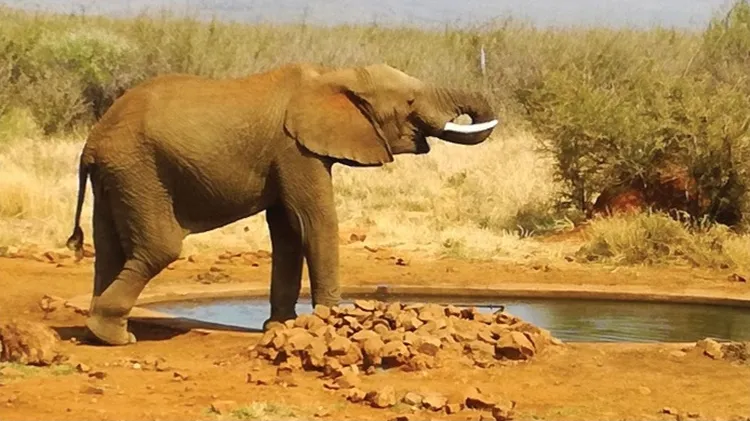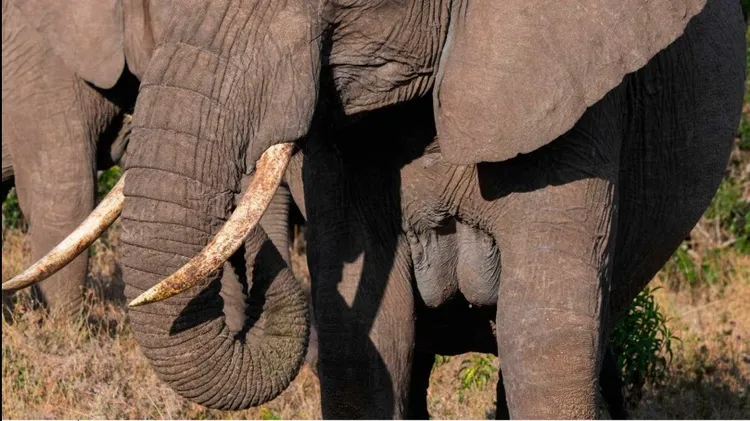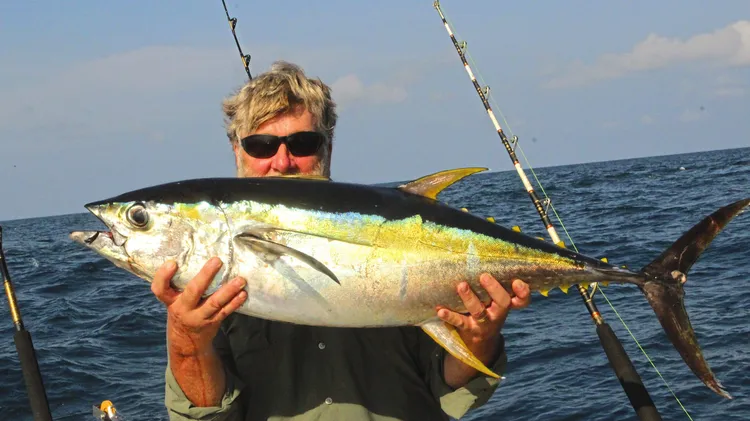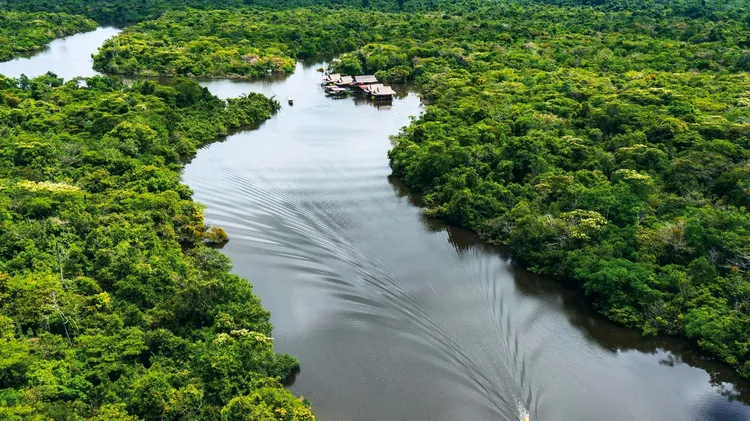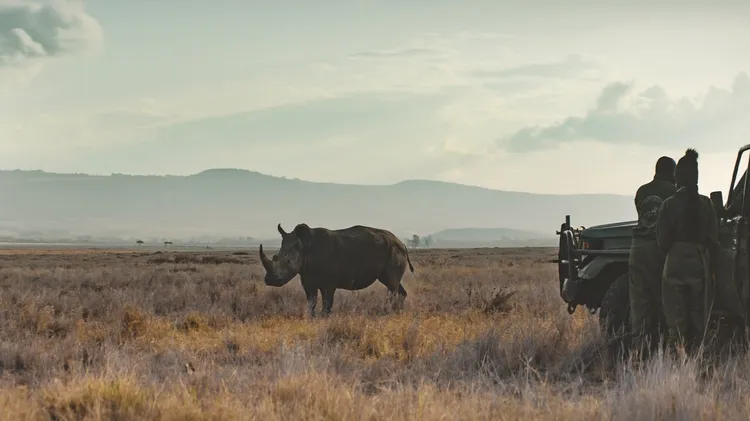“The experience is becoming more akin to a circus”
Jonathan and angie scott
2 min read
This article is from...
Read this article and 8000+ more magazines and newspapers on Readly

